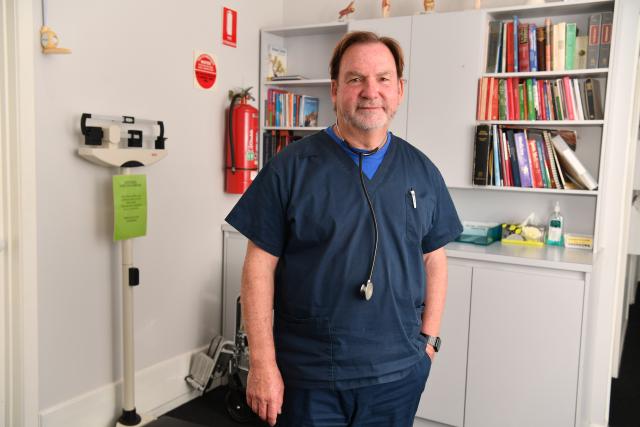
Liam McNally
A Melton doctor believes the healthcare climate in Melton is a “slow motion crisis”.
Dr Marcus Watson has been a GP in the area for 34 years, and has been a longtime advocate for a Melton hospital.
He is a member of the Melton Hospital Group, alongside independent candidate Dr Ian Birchall, for whom he is campaign manager.
Until recently, Dr Watson was also a member of the Community Consultative Committee for the Melton Hospital.
He believes the current plan of a $900 million 270 bed hospital due to be finished in 2029 is “not fit for purpose.”
“The promised hospital is smaller than Ballarat Base, and it’s not meant to open until 2029 at least,” he said.
“We have a population already double that of Ballarat and will be triple Ballarat by the time they’re opening the hospital.”
A government spokesperson said they have spoken to 350 infrastructure experts as the first step in securing a partner to deliver the new hospital.
“This is a complex project. Delivering a new hospital and making sure it is properly planned and will meet the needs of the community takes time,” they said.
Dr Watson said he recommends a 500 to 600 bed hospital within four years.
“I see it every day in my work,” he said.
“If somebody has a real emergency like a heart attack or a major car accident the nearest big hospital is in Sunshine and that’s 34 kilometres away. The problem with that being that a lot of medical emergencies happen at peak hour.
“There’s plenty [of hospitals] that have been built in four years.”
Dr Watson said that a lack of access to local healthcare in Melton adds pressure to hospitals in nearby areas.
“I regularly have people who wait for 10 to12 hours in emergency in Sunshine for more regular things like broken arms,” he said.
“Every year that this goes on, more people will suffer, and more people will die.
“Our post code shouldn’t determine the standard of medical care we receive.”






